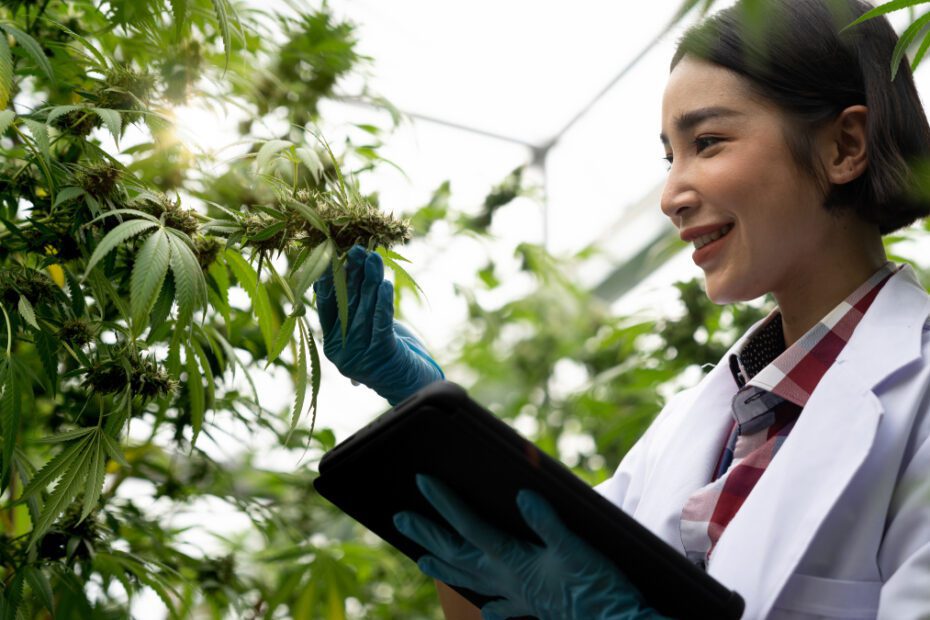Introduction
With an increasing focus on wellness and natural solutions for health concerns, there has been a noticeable shift toward alternative remedies. Among these, Cannabidiol oil, or CBD oil, has risen to prominence. Traditionally, mainstream healthcare has relied on allopathic medicines for treatment. However, with the advent of CBD oil, age-old debates about traditional medicine versus alternative remedies were reignited.
In this article, we will navigate the pros and cons of CBD oil and determine how it compares with traditional medicine. By the end of it, we aim to equip you with valuable insights that could help you make an informed decision about your health.
Understanding CBD Oil
CBD oil is an extract from the Cannabidiol plant, a genetically close cousin of the plant species from which marijuana originates. It is important to clarify that CBD oil does not possess intoxicating properties and is therefore not capable of inducing a “high.”
Its benefits lie in its rich profile of therapeutic properties, which has opened a fascinating route to alternative medication and treatment practices. Preliminary research and numerous anecdotal experiences point towards its effectiveness in relieving several health concerns such as chronic pain, anxiety, and sleep disorders, among others.
The Conventional Medicine Perspective
Traditional medicine, on the other hand, adopts a more studied, analyzed, and regulated approach. It relies on extensive research and numerous trials, rendering it the standard medical practice globally. Traditional medicine is renowned for treating acute and chronic diseases effectively. Its research-backed methodology inspires trust and confidence among patients, assuring them of its safety and efficacy.
CBD Oil vs. Traditional Medicine: The Comparison
Now that we’ve introduced both players let’s dive into comparing CBD oil and traditional medicine, assessing their benefits, drawbacks, and working mechanisms.
While CBD oil has shown promise, its evidence base largely consists of early-stage research and anecdotal experiences. On the contrary, traditional medicine thrives on extensive scientific scrutiny, rigorous trials, and thorough regulation.
CBD oil’s advantages pertain to its natural, plant-based origin, minimal side effects, and potential holistic benefits. Users often report an overall increase in their well-being and a reduction in symptoms relating to their specific health concerns. The fact that it doesn’t induce strong side effects like many conventional medicines is seen as a significant advantage by users preferring natural remedies.
However, the lack of regulation and standardization presents significant concerns. Inconsistent dosages, inferior quality, and false claims can make the experience unpredictable for the users.
Traditional medicine has an established evidence-based framework. For serious illnesses such as heart disease or diabetes, traditional medicine offers treatments with proven effectiveness. Nonetheless, many pharmaceuticals can come with unpleasant or harmful side effects. Also, traditional medicine may not always offer a cure or relief, especially in the context of chronic diseases or conditions which can become a source of frustration for many individuals.
A Harmonious Integration
In light of the discussion, it seems that both CBD oil and traditional medicine have their respective pros and cons. The optimal healthcare system might involve integrating the two. Early signs of such integration are already evident, with several allopathic doctors now recommending CBD oil as a complementary treatment.
It is crucial to remember that each patient’s response to a particular treatment, traditional or alternative, can vary. Therefore, it’s always recommended to consult with a healthcare professional before starting any new treatment regimen.
Conclusion
The debate between CBD oil and traditional medicine isn’t simply a face-off. The reality is that both can offer unique advantages, and it is essential to weigh these in the context of a person’s specific health needs and individual response to treatment. As integration becomes more prevalent, patients could foreseeably reap the benefits of both traditional medicine’s detailed research and CBD oil’s natural therapeutic properties. Ultimately, placing the patient’s well-being at heart and providing them with the best possible care should be the ultimate goal of healthcare, whether it’s traditional or alternative. The choice between CBD oil and traditional medicine will always remain personal and subjective, resting heavily on individual health needs and personal preference.
